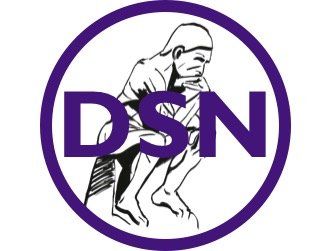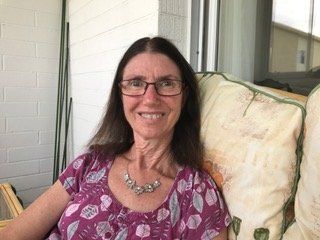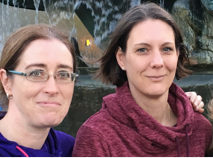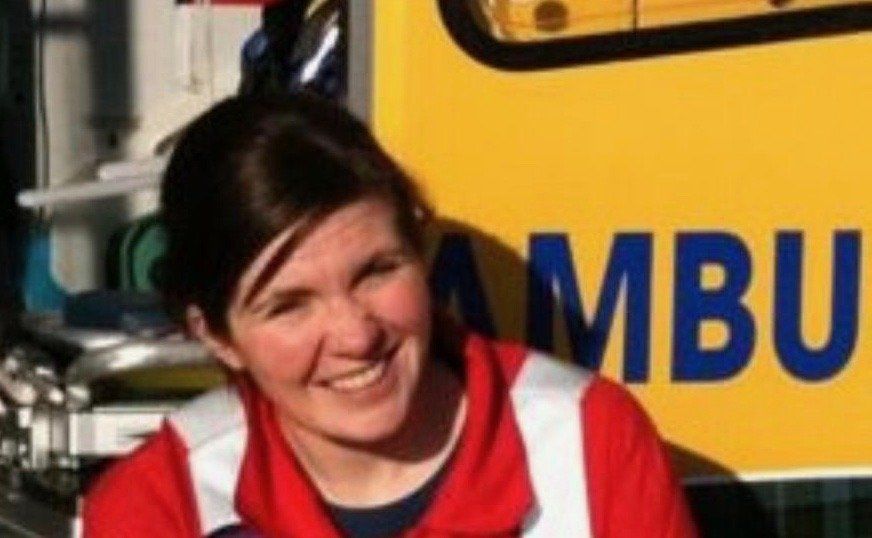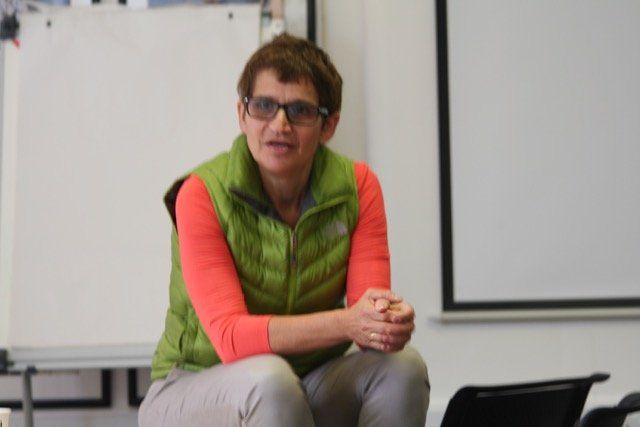Fiona is a Consultant in Public Health Medicine with 25 years experience in wellbeing and resilience who is also a fully qualified 'Executive Coach'. Read on to find out how to choose the right coach for you.
Imagine someone who is on your side, walking every step of your career journey alongside you, with no other agenda other than to support you to understand yourself and to make the best decisions you can make, whether you need to make major or minor career changes, improve your wellbeing at work, or develop your skills further. Someone who can challenge you when you contradict yourself in a way which brings out your deeper sense of purpose and helps you to learn and grow in your career and working life, and views you and your career from a perspective of believing in your potential. Sounds too good to be true? Many senior professionals, and most executives, now work with an Executive Career Coach to support them in their career, usually on and off over years or decades, based on adult to adult relationships founded on trust, honesty and integrity.
All Executive Coaches bring some core skills and qualities to their coaching relationships, with nuances according to their own style and their background. It’s important to find the right match for yourself and your own needs – too similar to you and will they challenge you enough? Too different and will they be able to understand your context? This article will help you to find the sweet spot – finding the right Executive Coach to support you in your own career.
1. Is this the right time for you? Coaching can be demanding as well as fun and exciting, it is a journey which will reveal what matters most to you in your life and your career. You become ‘more yourself’ as you learn more about yourself and start to make the changes you need to bring yourself greater meaning and purpose in your life. If you are unwell, check with your healthcare professional first before starting on career coaching – working out the next steps in your career can be key to your recovery and may be positively helpful, or it may not be the right time for you. When working with an Executive Coach, you will have a mixture of session time (face to face or by remote video such as skype) and actions to take away between sessions to implement. This means you need both time for the sessions (these are usually 1.5-2 hours every 4 weeks or so, for 3-4 sessions depending on your needs) and you will need some time between sessions to complete any actions. All actions are always invitations and will be codesigned with you to help you to create space in your life so that you can make the changes you need and to help you to ‘clear the decks’ so that you have more time for what matters most to you.
2. Finding the right coach. There are a growing number of people who call themselves career (and ‘life’) coaches so you might want to check their qualifications and experience. The NHS generally expects their internal coaches to have as a minimum the ILM5 coaching qualification, with more senior staff using Executive Coaches (ILM7). In terms of experience, you might like to check for experience of working with people with the kind of goals you would want to set. You might want to check the coach has the right kind of background for you so that they can understand your context. Other things to look out for: what theoretical model do they use; who is their supervisor and how often do they have supervision; what CPD have they undertaken recently; are they registered as a Data Controller with the Information Commissioner’s Office and how is your information and confidentiality protected? Are they a member of any coaching professional bodies such as the European Mentoring and Coaching Council, and any coaching networks? What has been their own career journey? Some people find it helpful to make a checklist of what they are looking for in a coach before they speak to anyone so they can be clear what they are looking for in advance.
3. Making contact. Most Executive Coaches will offer you a free consultation session to have a confidential but no obligation chat about what you are looking for and whether they can help you at this time. They will be checking that this is going to be right for you as well as for them. This is a great opportunity to find out if the ‘chemistry’ works between you, is this someone you feel you can trust with your deepest hopes and fears with your career? It is similar to finding a therapist, though coaching is not therapy, counselling or advice giving, rather it is focused on the future and on your working life. Check on their fees and whether there are any hidden costs such as VAT.
4. The coaching contract. Coaching works within a contracted relationship. The contract essentially covers ‘this is what you can expect from me and this is what I expect from you’, this is part of it being an adult to adult relationship. The coach helps you to identify your own coaching goals at the start of a coaching relationship and the contract states the boundaries that you work within. You might like to ask for a draft copy of the coaching contract and check it has everything you need in it for you to feel comfortable within the relationship.
5. Getting started. Most of my clients are apprehensive about what to expect especially if they have never been in a coaching relationship before. This is normal and your coach will probably give you some exercises to do before the first session to help you get into a reflective and action planning mode. Coaching is about helping you to work out what you want in the future, and how to move step by step towards that on a daily basis.
We are all going to live longer and spend more of our lives at work. This may or may not be within medicine as our career choice or option. If your career isn’t right for you for whatever reason, take the time to work out who you are and what matters most to you, and set up the next phase of your working life in a way which will bring you meaning, purpose and satisfaction. It’s an investment in yourself and your future that you won’t regret!




